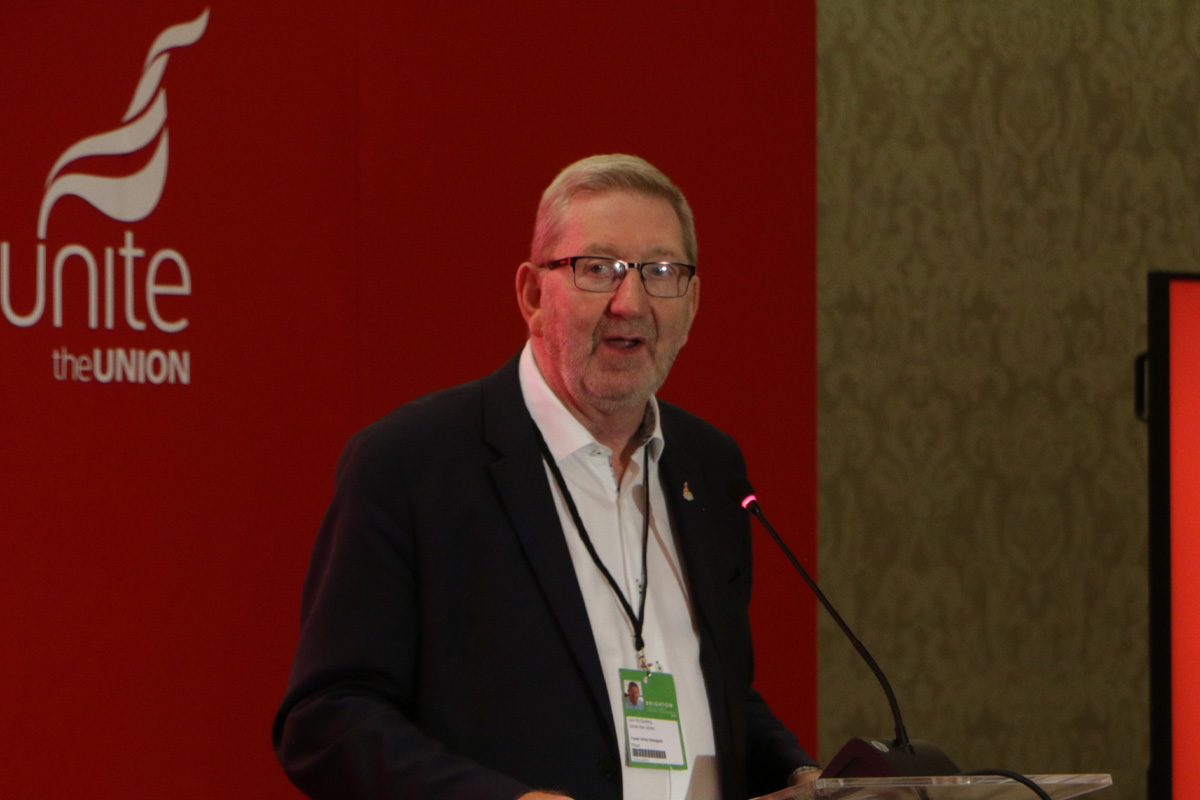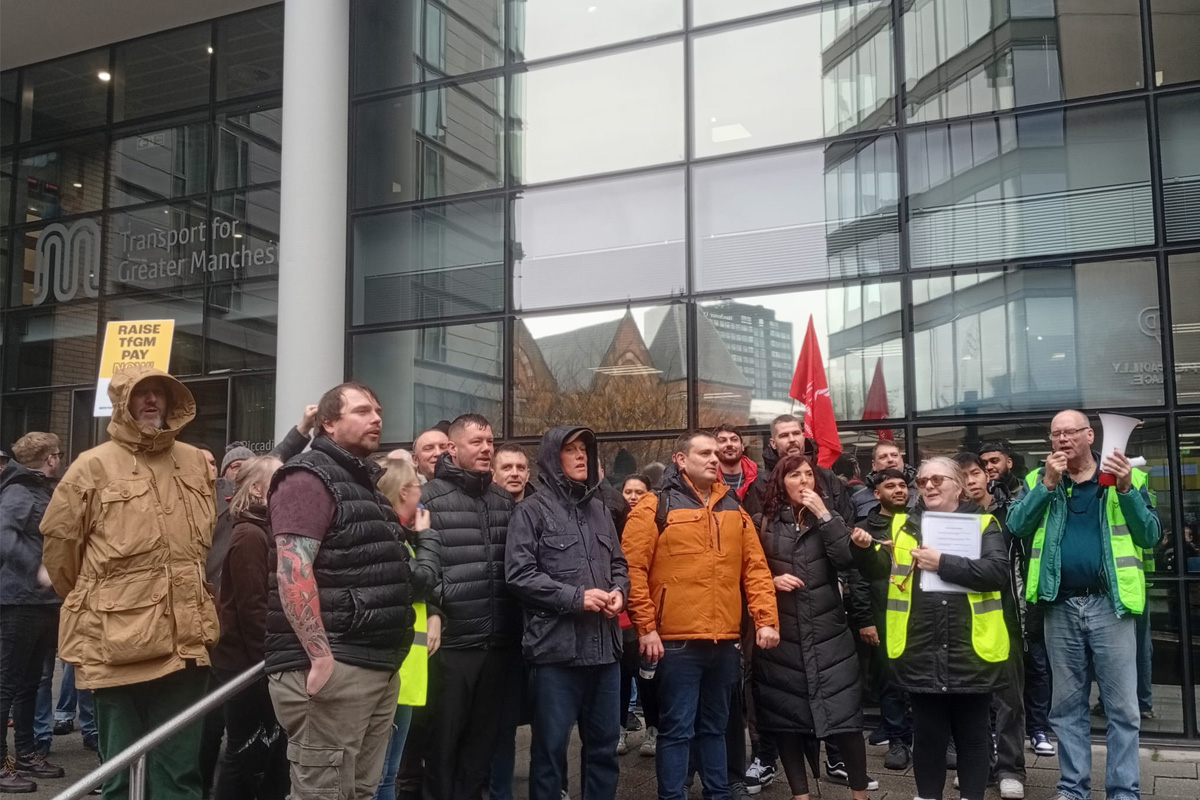For several years, a slow-burning scandal has been chewing through the guts of Unite the Union.
Accusations of misspending and outright corruption have dogged the construction of Unite’s Birmingham hotel and conference centre ever since the story was broken in right-wing newspaper The Times in January 2021.
Now, after much anticipation, an interim report commissioned by current Unite general secretary Sharon Graham has been released. Although partially redacted for legal reasons, the allegations it contains – and their implications – will shake the union from top to bottom.
Corruption
First and foremost, the report confirms what many have suspected for a long time – that there was significantly more money spent on Unite’s Birmingham complex than it is in fact worth.
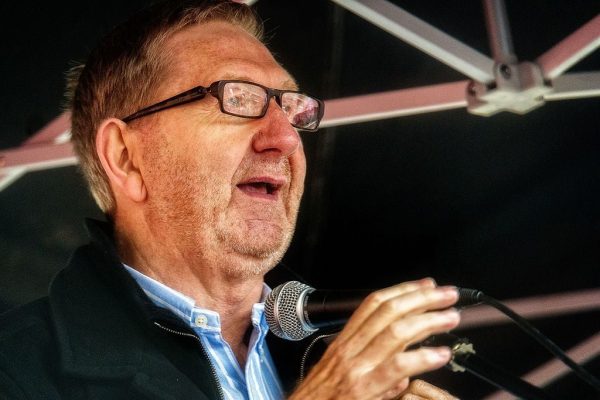
Given that the extra money is not accounted for, and given the allegations of gift-giving and unusual payments, it is not hard to see potential corruption in these matters.
In particular, one former figure of the union stands out. Time and time again, former general secretary Len McCluskey’s name is repeated in close connection with the dirt the report details.
We should be clear at this point that McCluskey is not formally accused of any legal wrongdoing.
Nevertheless, it is clear that ‘Red Len’ – a moniker given to him by the bosses’ papers – is up to his neck in the murky doings that are now coming to light. Whether or not he can explain away some of the finer points, there is enough in this report to seriously damage his reputation.
Rot goes deep
But McCluskey isn’t the only figure under suspicion. Nor is the rot confined to one hotel in Birmingham.
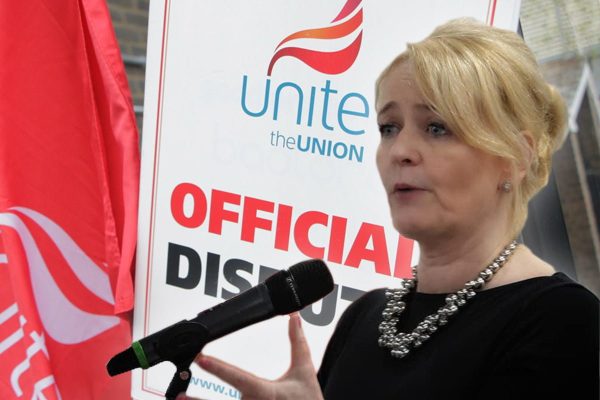
The report in particular makes great play of an alleged “pervasive fraud environment”.
What is meant by this is that nobody in the know asked any questions when it came to the Birmingham hotel. It was a case of ‘ask no questions, get told no lies’, at all levels – including that of the union’s executive council (its leading body).
While matters have rarely been stated this boldly before, this characterisation will not be a surprise to many of the union’s members.
United Left (UL), the faction behind McCluskey, at one time played a positive role in fighting the union’s right wing, when it was still a serious force. However, as the report shows, years in power have taken their toll on UL.
From UL members’ role in the blacklisting scandal, where the names of militants in the construction sector were allegedly passed on to their employers by crooked union officials; to the damaging part played by the Unite leaders in moderating the Corbyn movement at the height of its fight with the Labour right wing: United Left’s reputation as a serious left force has been slowly shredded.
Now, the name ‘United Left’ is associated with bureaucracy, political strong-arming, place-hunting, favouritism, and – since the report, if not before – outright corruption.
Rearm the movement
This scandal shows the enormous tasks that lie before honest, rank-and-file militants, both in Unite and within its sister unions – which, after all, often suffer from the same afflictions.
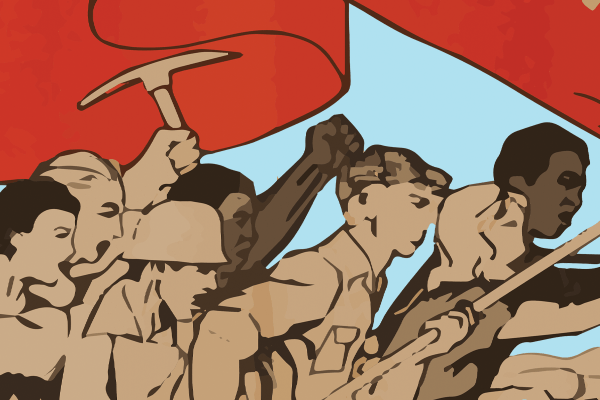
On the one hand, the laws that shackle the trade unions at present must be swept aside. As part of a much-needed offensive against the government and its austerity agenda, the unions must mobilise to defeat any and all restrictions to the right to strike and organise, which have plagued the workers’ movement for decades.
But that is only one side of it. On the other hand, it is clear that the dominant layers of the union movement (whether they hold the general secretary’s post or not) are holding the struggle back.
Corruption scandals like this sap the trust of workers in their own organisations. Meanwhile, the bureaucratic crust that has formed across the tops of the union movement clings to the status quo, because this is how they can best preserve their petty perks and privileges. And the ruling class, fully aware of this, is more than happy to encourage it.
A clean break with the past – within and outside of Unite, and across the rest of the union movement – means breaking with this layer once and for all.
To prevent a new degeneration from simply replacing the old, a thorough democratisation must take place. Making all union positions elected and recallable by rank-and-file members would be a strong start, as would the adoption of an average workers’ wage for any officials.
Above all, however, this must be married to a revolutionary socialist programme and political outlook – one that points to the general struggle to transform society and put the working class in power that the unions must carry out, beyond the day-to-day fights.
For this, a party is needed that can organise the best layers within the whole trade union movement and fight for the implementation of such a programme.
When the unions are transformed from plodding bureaucratic juggernauts into truly fighting organisations and revolutionary schools of war for workers – only then will they finally live up to their full potential.

